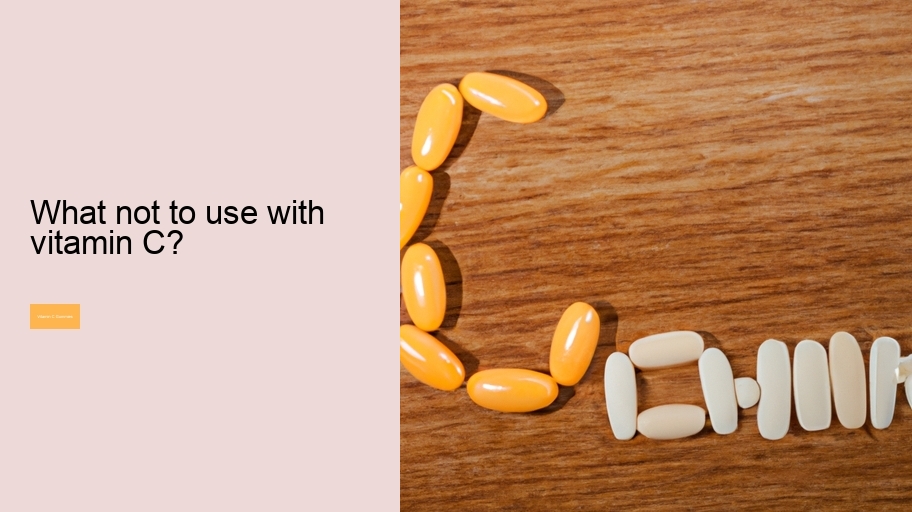Vitamin C gummies can help individuals meet this recommended daily value conveniently.
What not to use with vitamin C?
What not to use with vitamin C? - gummies
- cons
- vitamin
- vitamin c deficiency
products - supplements
- cons
- vitamin
- vitamin c deficiency
- ascorbic acid
- products
- supplements
What not to use with vitamin C? - vitamin
- cons
- vitamin
- vitamin c deficiency
- ascorbic acid
- products
- supplements
- gummies
- supplements
- cons
- products
Regular consumption of vitamin C gummies can contribute to better respiratory health, as vitamin C is involved in maintaining the health of the respiratory tract. Vitamin C gummies are an excellent option for pregnant women who need to ensure they receive an adequate intake of this crucial nutrient to support the healthy development of their baby. Vitamin C is a vital nutrient for the proper absorption of dietary iron, especially non-heme iron from plant-based sources.
Vitamin C gummies are a convenient way to ensure that children get their recommended daily intake of this essential nutrient. One of the key benefits of vitamin C gummies is their role in supporting the immune system. For individuals concerned about added sugars, there are vitamin C gummies available that use alternative sweeteners like stevia or erythritol, catering to those who want to limit their sugar intake.
What not to use with vitamin C? - cons
- cons
- vitamin
- vitamin c deficiency
- ascorbic acid
Vitamin C is essential for the production of neurotransmitters like serotonin and norepinephrine, which can positively impact mood and overall mental well-being. For those who are concerned about the environmental impact, there are vitamin C gummies available that use sustainable and eco-friendly packaging materials. Vitamin C gummies can be a valuable addition to the diet of older adults, as they are more susceptible to vitamin deficiencies.
What not to use with vitamin C? - ascorbic acid
- cons
- vitamin
- vitamin c deficiency
